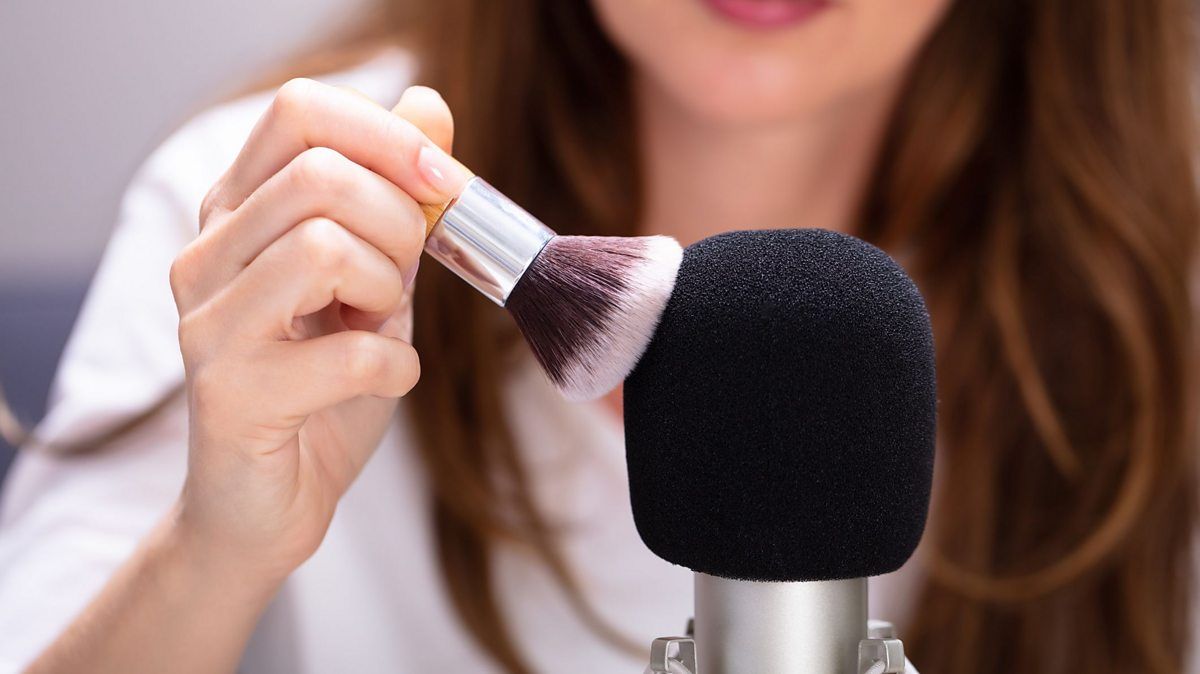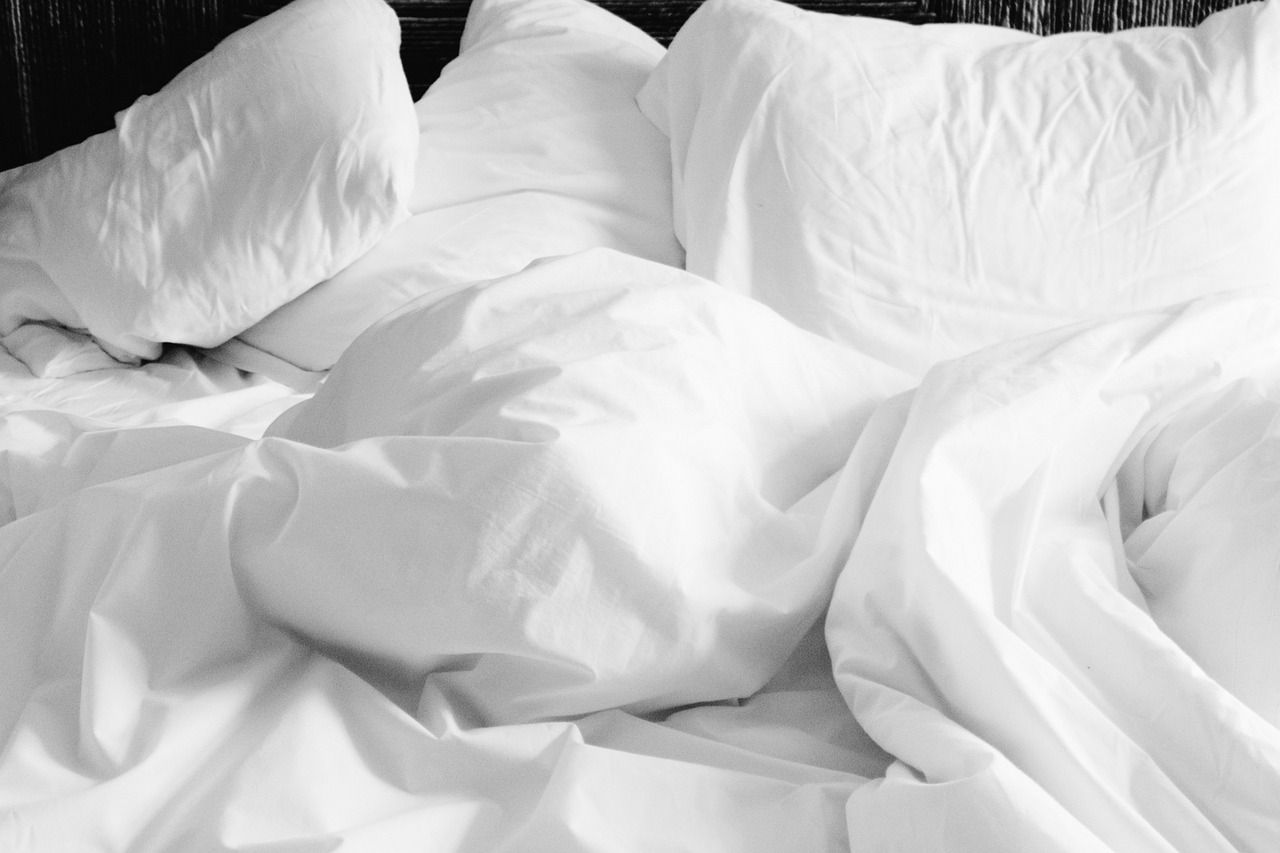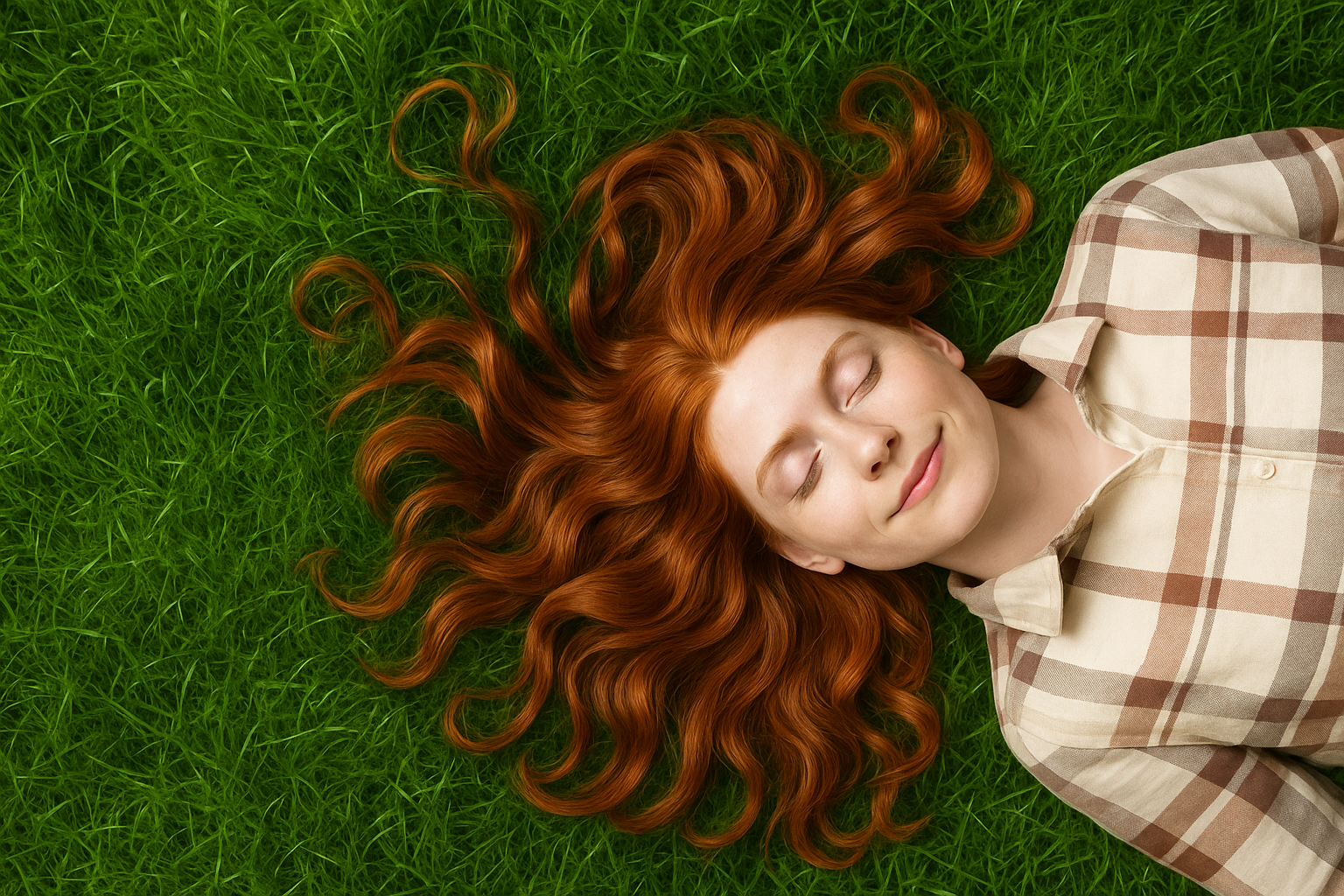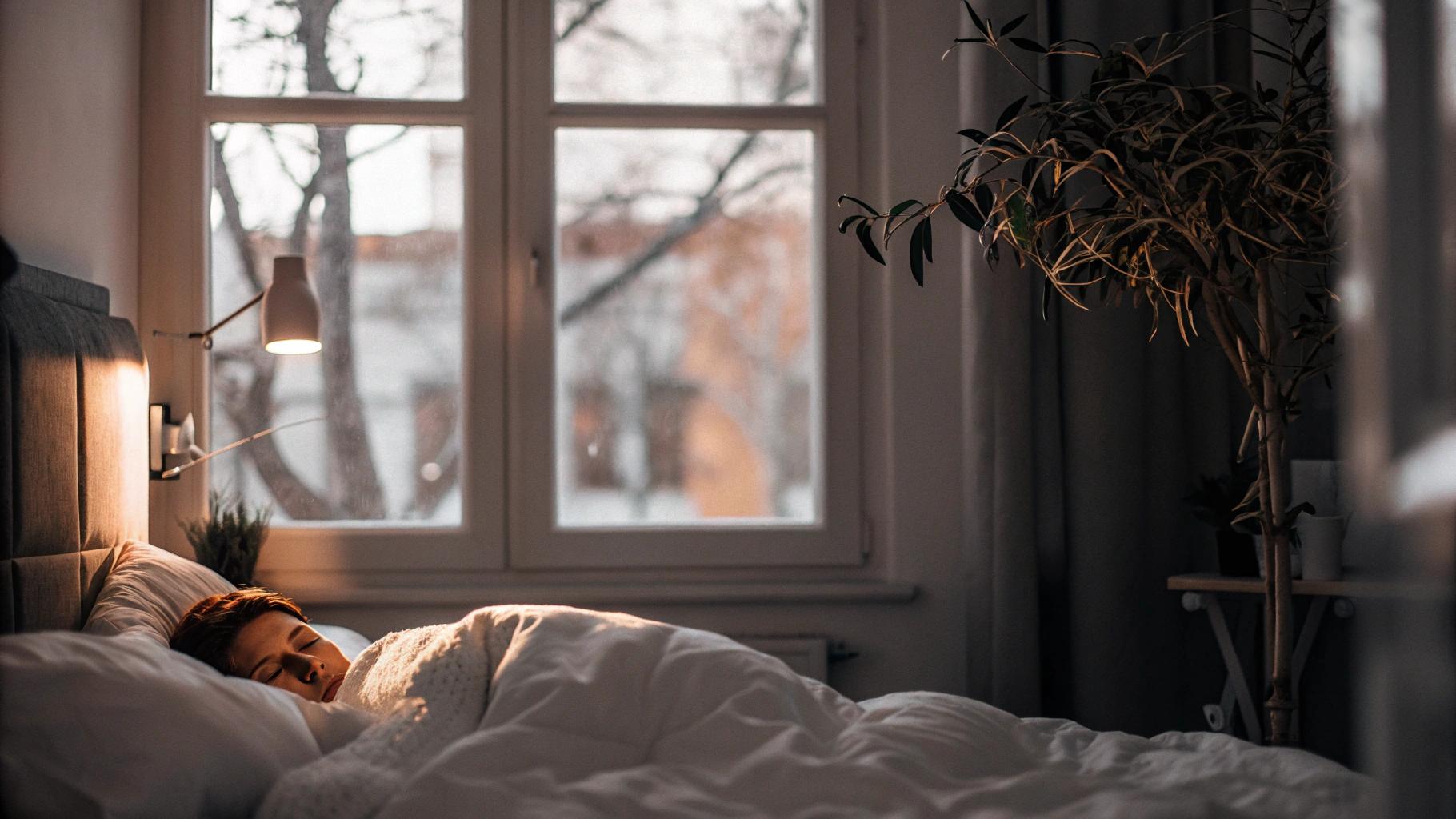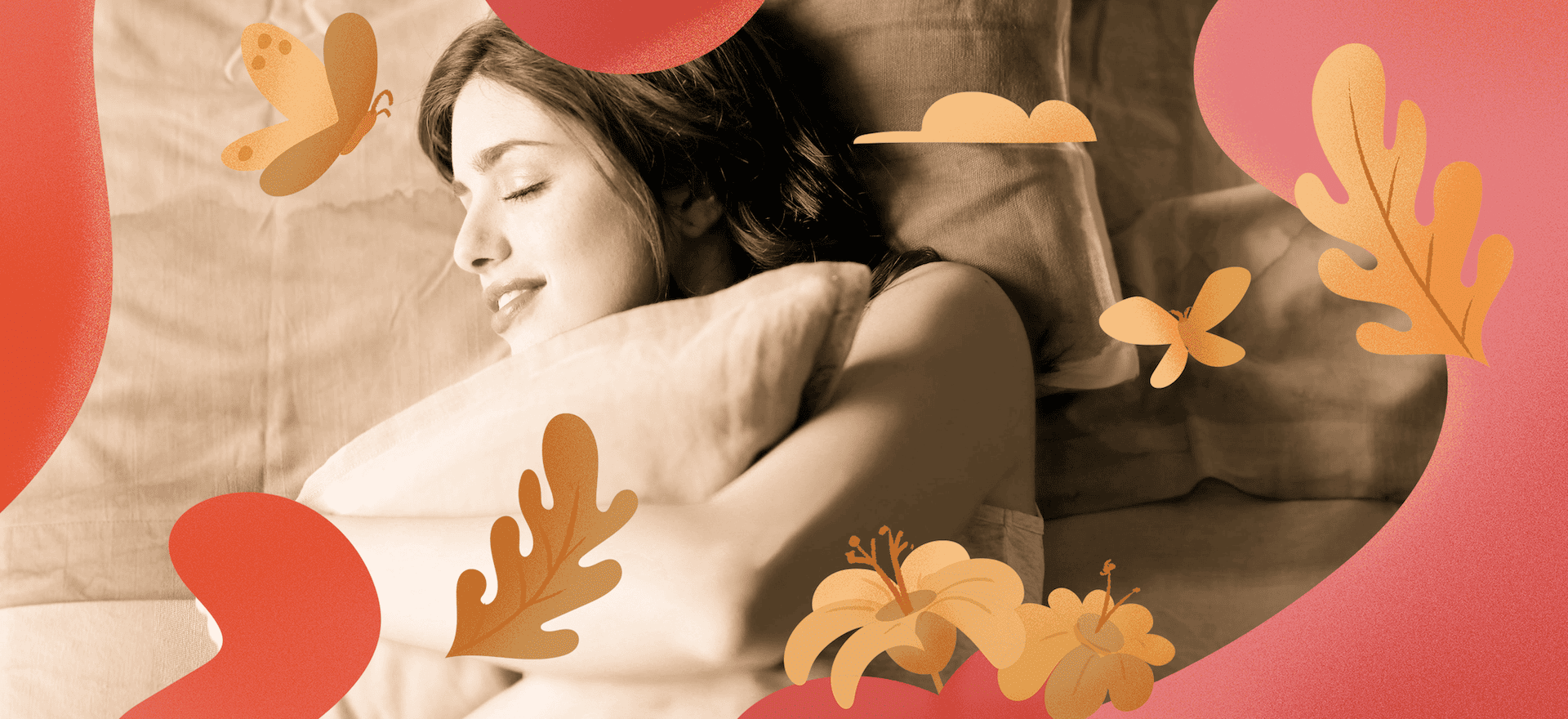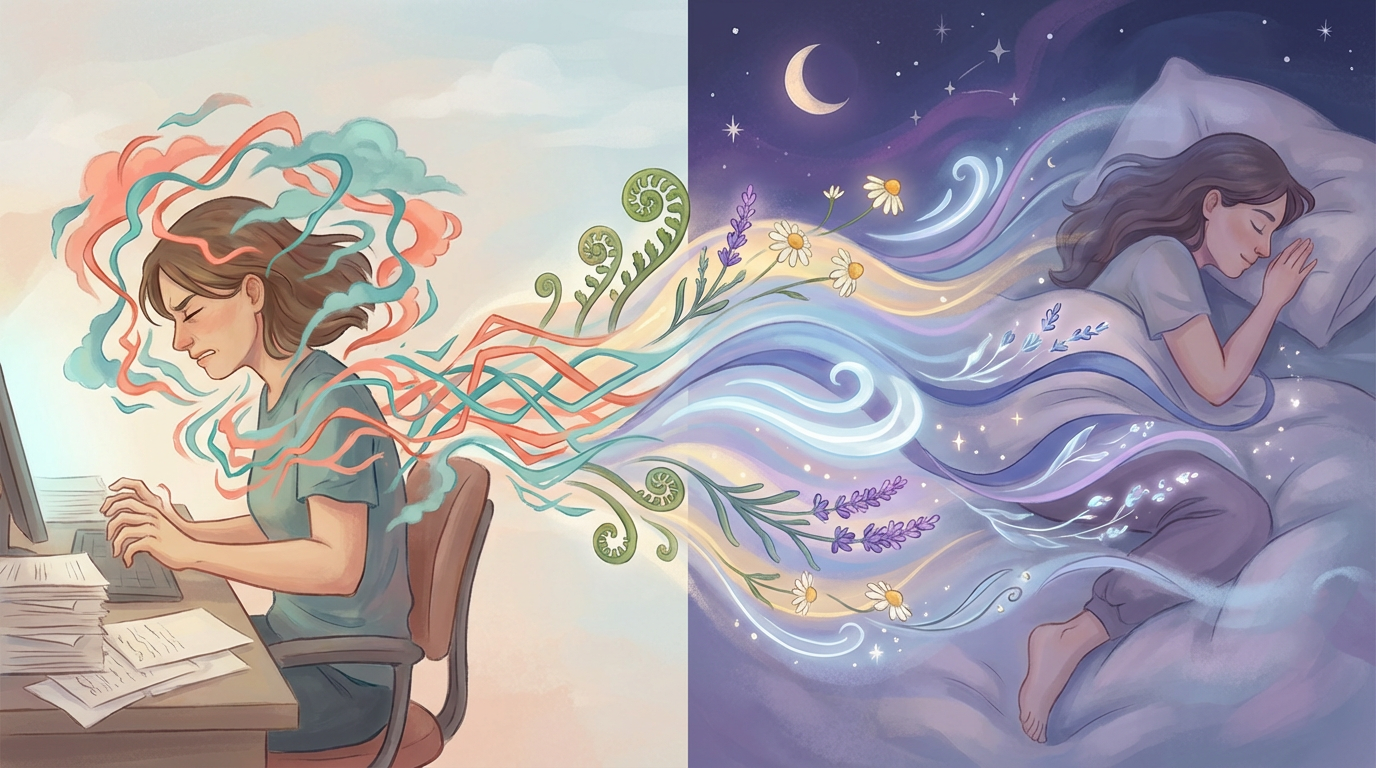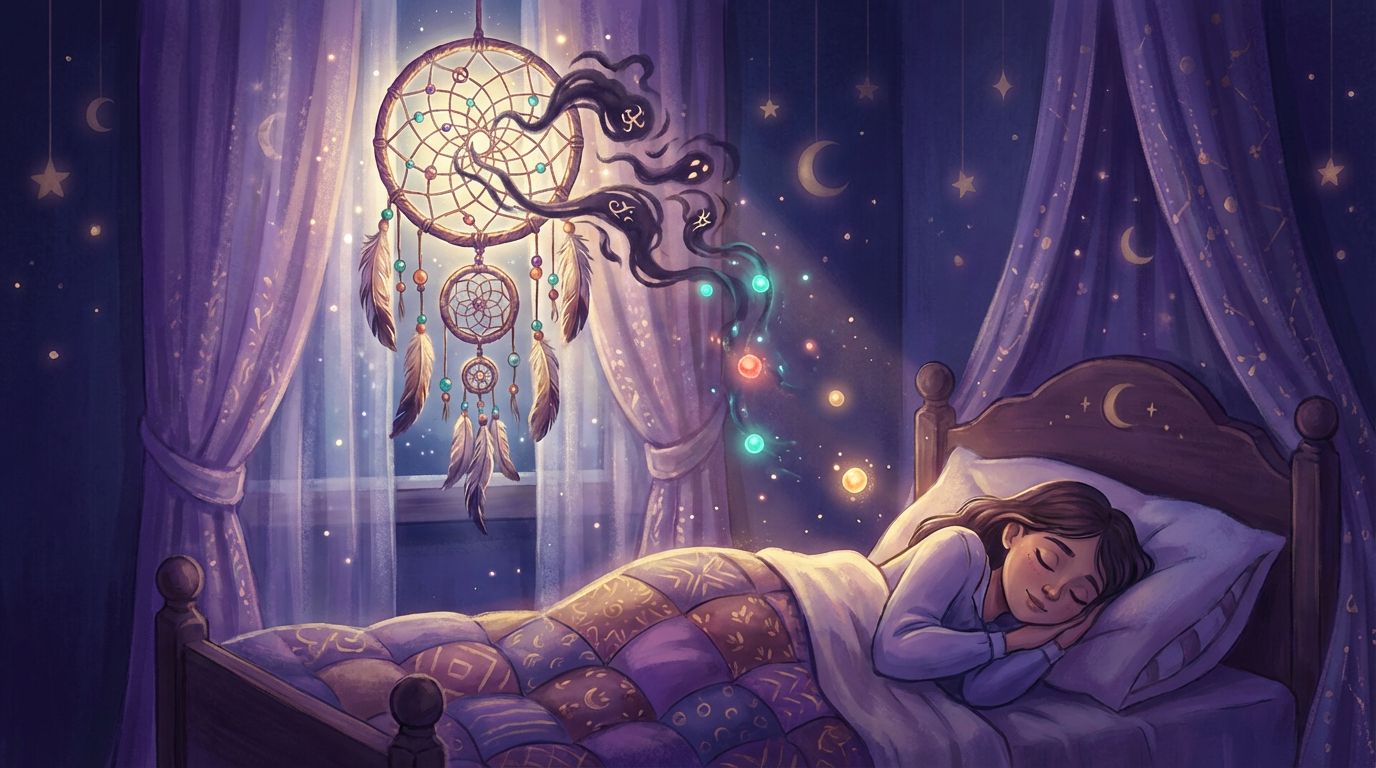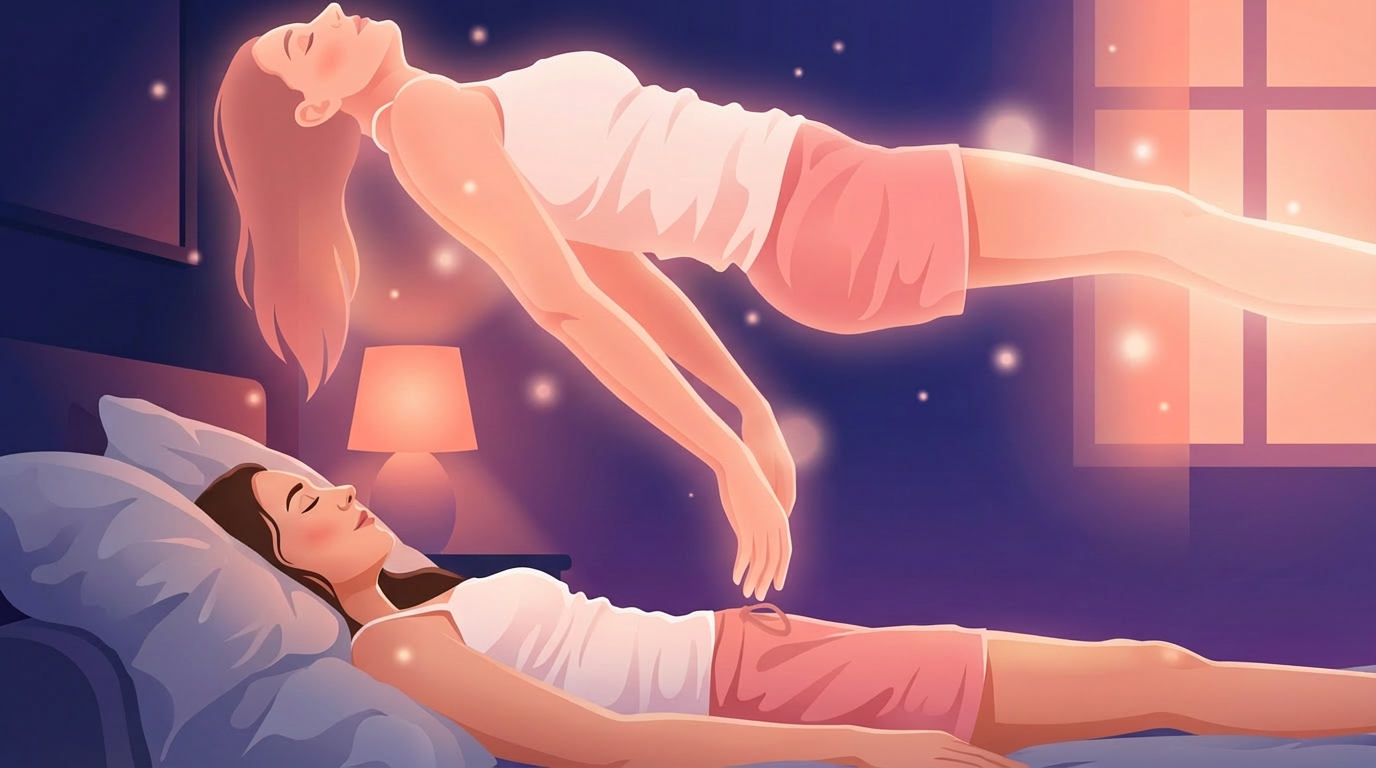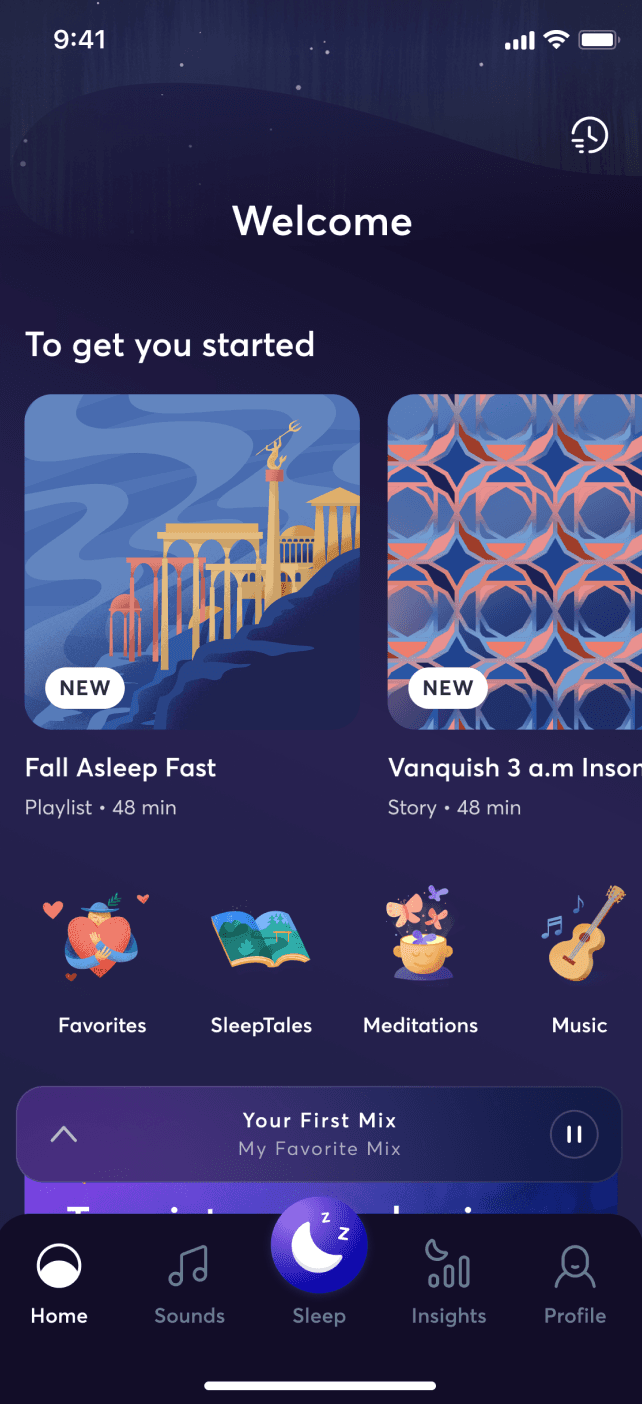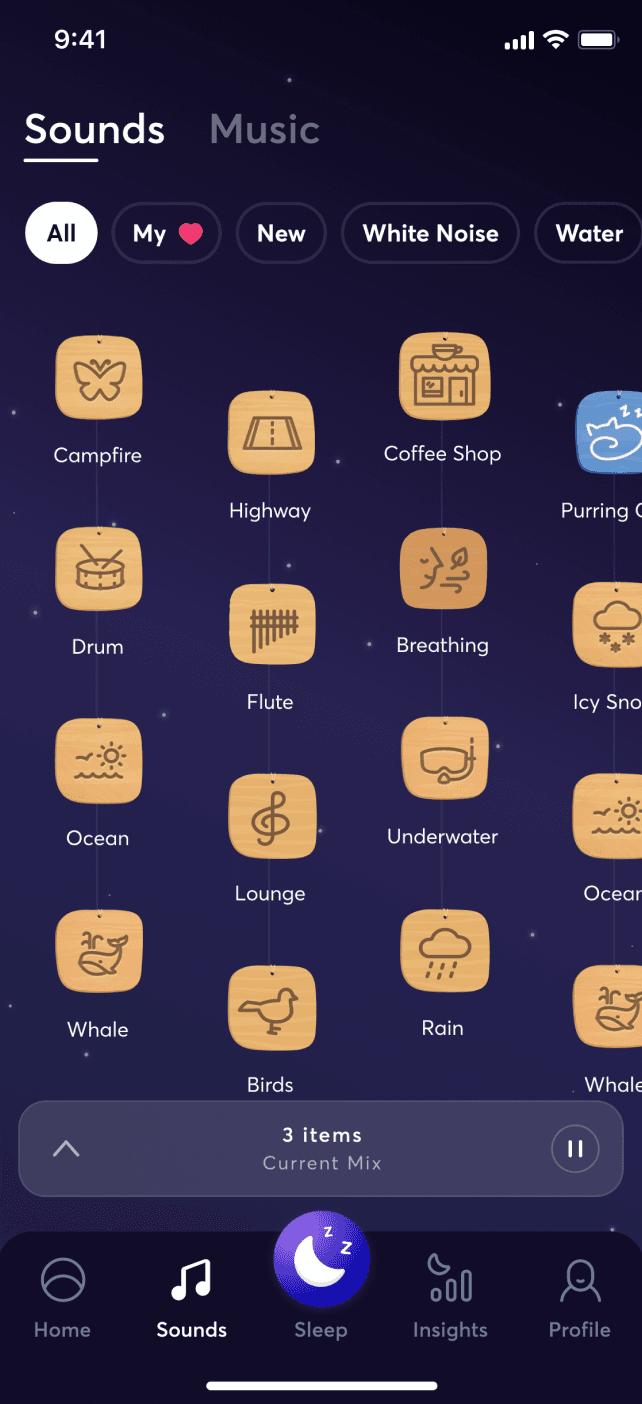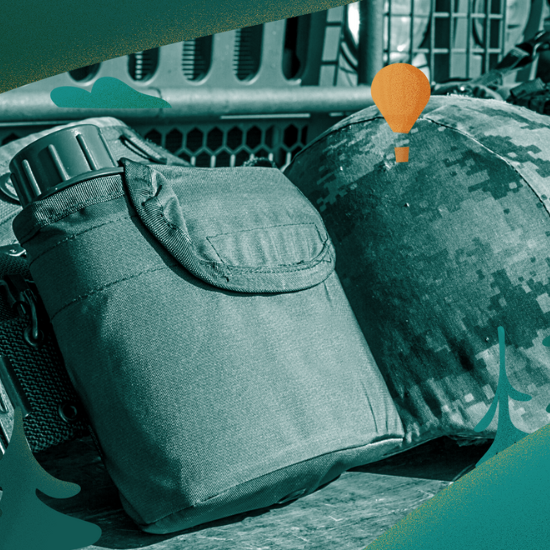
How to Use Military Sleep Method to Fall Asleep in 2 Minutes
In this article, we will talk about how to fall asleep fast, in less than two minutes. Believe it or not, this is a skill that can be learned and perfected with a little bit of practice.
There are a few different techniques that you can use to fall asleep fast, but the most important thing is to find what works best for you. Some people find that relaxation techniques or journaling exercises help them fall asleep quickly, while others prefer to read or listen to calm music before bed.
The bottom line is that you should do whatever makes you feel relaxed and sleepy. If you can create an environment that is conducive to sleep, you'll find it much easier to fall asleep fast, in just a few minutes.
Using the Military Method to Fall Asleep in Less Than 2 Minutes
The military method to fall asleep in less than 2 minutes is a deep muscle relaxation technique that has been used by the military for years to help troops fall asleep quickly and easily. The method is simple and can be done anywhere, without any equipment. To fall asleep using this method, you will need to follow these steps:
- Get into a comfortable position. You can either lie down or sit up, but make sure that you are in a position where you can relax your body.
- Shut your eyes. Deeply inhale and exhale slowly. Then gradually relax every facial muscle. (If it helps, begin with the muscles in your forehead and gradually work your way downwards from there. Everything should be relaxed, including your mouth, tongue, cheeks, and jaw. Let them go, your eyes included.)
- Release any tension. Get comfortable in the chair or bed by relaxing your neck and traps. After that, progressively relax your biceps, forearms, and hands, beginning at the top of your right arm. Repeat on the opposite side. Remember to continue breathing deeply and slowly as well.
- Relax your chest as you exhale. That ought to be simple if you relax your shoulders and arms.
- Your legs should be at ease. Let your right thigh relax into the chair or bed to start. Then repeat the process with your foot, ankle, and calf. Apply the same technique to your left leg.
- Clear your thoughts now. Undoubtedly, it's challenging to not think about anything. If that describes you, try picturing anything. Select a soothing activity. Imagine yourself peacefully snoozing in the dark.
- Repeat these steps until you feel yourself relax and fall asleep.
Remember that consistency is key. The more frequently you practice the military method, the better you'll train your body to relax, even if it doesn't initially help you fall asleep more quickly.
Additional Tips to Fall Asleep Fast
The following are tips on how to sleep fast in 5 minutes or less:
Identify the Things That Keep You Up at Night
There are many things that can keep you up at night and prevent you from falling asleep quickly. Identifying the things that keep you up can help you address them and fall asleep more easily. Some common things that can interfere with sleep are:
Noise
Noise can definitely be a contributor to keeping you up at night. Whether it's the sound of a car alarm going off outside your window or the noise of a barking dog down the street, noise can be a major distraction and disrupt your sleep cycle.
To help minimize the impact of noise on your sleep, try using earplugs or a noise machine to create a soothing sound environment. You may also want to consider investing in blackout curtains or shades to help reduce noise levels in your bedroom.
Light
Light is one of the things that can keep you up at night. It can be a bright street light or the glow of a screen. It's easy to stay up late when there's light outside, and even easier to get lost in your phone or computer when there's a light shining in your face.
Light keeps you up at night because it's hard to sleep when there's a lot of it around. You can always install blackout curtains to block out any unwanted light.
Stress
Stress can definitely be one of the things that keep people up at night. When someone is feeling stressed, their mind is usually going a mile a minute, and it can be difficult to relax and fall asleep. Additionally, stress can often lead to physical problems such as pain and discomfort, which can make it difficult to get comfortable and fall asleep.
Anxiety
Anxiety is one of the many things that can keep someone up at night. It can be caused by many different things, such as stress, fear, or a nervous habit. When someone is anxious, their mind races and they may have trouble sleeping. This can lead to fatigue and further anxiety the next day.
There are many ways to address anxiety, such as therapy, medication, or self-care. If anxiety is keeping you up at night, talk to your doctor or therapist about how to best address it.
Physical Discomfort
Physical discomfort is one of the things that can keep you up at night. This can include anything from back pain to restless legs syndrome. Anything that makes it difficult or uncomfortable to sleep can contribute to insomnia.
Often, finding a way to manage or alleviate the physical discomfort can help improve sleep quality. For example, using a pillow to support the back can help with back pain, and taking regular breaks during extended periods of sitting can help with restless legs syndrome.
Make a List of the Things Keeping You Up
It can be helpful to make a list of the things that are keeping you up at night. This can help you to determine the root cause of your insomnia and work on addressing it. Sometimes there are specific things that are causing us trouble sleeping, such as stress, caffeine, or noise. Other times, it might be something more general like poor sleep habits or anxiety about not being able to fall asleep.
In order to address your insomnia, you need to first identify what is causing it. Once you know what is keeping you up, you can start working on fixing the problem. If you're having trouble sleeping because of stress, for example, you might try relaxation techniques or yoga before bed.
If you're caffeine-sensitive, try avoiding coffee and tea in the evening. If you're dealing with anxiety about falling asleep, try focusing on some calming imagery or deep breathing exercises before bed. There isn't necessarily one right solution for everyone; finding what works best for you will take some experimentation.
However, before trying any of these techniques, it's important to make sure that your sleep environment is conducive to good rest. This can make a big difference in helping you get better quality sleep.
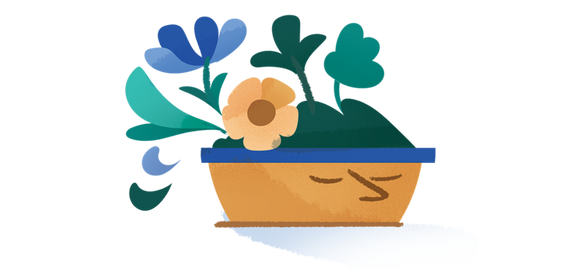

Avoid Caffeine and Alcohol Before Bed
Caffeine and alcohol are two of the most common reasons why people have trouble falling asleep. Caffeine is a stimulant that can keep you awake by blocking your body's natural production of melatonin, and alcohol can make you drowsy but disrupt your sleep later in the night. To fall asleep fast, avoid caffeine and alcohol before bed.
Establish a Consistent Bedtime Routine and Stick to It
One of the most important things we can do to ensure a good night's sleep is to establish a regular sleep schedule and stick to it as closely as possible. Proper sleep hygiene helps to improve sleep onset latency and sleep quality.
One way to do this is to go to bed and wake up at the same time every day, including on the weekends. This may be difficult at first, but it will become easier as your body gets used to it.
If you find that you can't fall asleep at night or you're not getting enough sleep, try going to bed earlier until you find the time that works best for you.
Keep Your Bedroom Cool, Dark, and Quiet
If you're having trouble falling asleep, keeping your bedroom cool, dark, and quiet can help.
A cool room is more conducive to sleep than a warm one. You may want to use a fan or air conditioner to cool your room down. Darkness signals the body to produce melatonin, a hormone that helps regulate sleep. You may want to use blackout curtains or an eye mask to block out all light.
A quiet room is also conducive to sleep. You may want to use earplugs or noise-canceling headphones to block out any noise.
Get Enough Exercises During the Day
Exercise is crucial in order to fall asleep quickly. Most people need around 30 minutes of exercise per day to feel the benefits; however, if you’re struggling to sleep, you may need more. A vigorous workout in the morning or afternoon can help you feel tired enough for bedtime. But be careful not to work out too close to bedtime, as that can have the opposite effect and keep you up!
Stretch or Do Relaxation Exercises Before Bed
Before going to bed, stretching or doing relaxation exercises can help you fall asleep quickly. Stretching warms up your body and relaxes your muscles while relaxation exercises help to calm your mind and prepare you for sleep.
There are a number of different stretches and relaxation exercises that you can try, so find one that works best for you and stick with it. If you do this every night before bed, you'll likely find that you fall asleep much faster than before.
Use a Noise Machine or White Noise App to Drown Out Distractions
Noise machines or white noise apps can be effective in blocking out distractions and helping you fall asleep quickly. The sound of the machine or app can cover up other noises in the environment that might keep you awake. It can also provide a sense of calm and relaxation that can help you drift off to sleep.
Get Up and Move Around Every Few Hours to Keep Your Body Active
When you’re struggling to fall asleep, one of the best things you can do is keep your body active. Getting up and moving around every few hours will help keep your body active and help you fall asleep more quickly.
If you can, try to schedule breaks in your day so that you’re up and moving around at least once every few hours. Taking a short walk or doing some light stretching can also help.
Avoid Working or Using Electronic Devices in Bed
It is often difficult to fall asleep quickly, especially if there are distractions in the room. One way to improve your chances of falling asleep quickly is to avoid working or using electronic devices in bed. This will help your body associate the bed with sleep and relaxation, instead of work or stimulation.
You can also try creating a relaxing scene in your bedroom by using calming colors and avoiding bright lights before bed.
Avoid Napping in the Daytime
It is better to avoid taking naps during the daytime if you want to fall asleep faster at night. This is because daytime napping can disrupt your natural sleep rhythm and make it harder to fall asleep at night. If you absolutely must take a nap, try to do it early in the day and keep it short, no more than 30 minutes.


Try Reading a Book
Reading a book before bed is one of the best tips to fall asleep faster. It helps your mind relax and wind down from the day. Plus, it can be a great way to de-stress before bed. Choose a calming book that you enjoy and let yourself get lost in the story. You may find that you fall asleep faster than you thought possible!
Try Bathing or Taking a Warm Shower Before Bed
There is some debate over whether having a warm bath before bed is actually beneficial in helping people fall asleep faster. Some people say that the body's natural temperature drop after bathing or showering cues the body to sleep.
Others say that the activity releases serotonin, which can help regulate the body's sleep-wake cycle. However, there is no definitive answer and more research is needed to determine whether bathing or showering before bed actually helps people fall asleep faster.
Practice Mindfulness Meditation
It is said that practicing meditation or mindfulness can help you fall asleep faster. This is because these activities can help to calm the mind and promote relaxation. To practice meditation or mindfulness, find a quiet place where you can sit or recline in a comfortable position.
Close your eyes and focus on your breath. When your mind begins to wander, simply bring your attention back to your breath. You may also want to focus on a mantra or word or phrase that you repeat throughout the practice.
Eat healthy Food That Induces Sleep
It's helpful to eat foods that are high in magnesium and calcium, as these nutrients have been shown to promote relaxation and sleepiness. Some good examples include leafy greens, nuts, seeds, and yogurt. Finally, it's important to avoid caffeine and alcohol before bed, as they can disrupt your sleep cycle.
Adjust Your Eating Habits
There are a few things you can do to adjust your eating habits in order to fall asleep faster. One is to avoid eating large, heavy meals close to bedtime. Try to finish eating at least two hours before you plan to go to sleep. This will give your body enough time to digest the food and process any energy it has gained.
Another thing to keep in mind is that eating too close to bedtime can cause indigestion and heartburn, which will make it difficult to fall asleep. If you are experiencing these symptoms, try drinking a cup of chamomile tea before bed. Chamomile is a natural relaxant that can help relieve digestive problems and promote sleep.
Try Listening to Music
It is suggested that listening to calming music can help someone fall asleep faster. This is because music can help to relax the mind and body, leading to a state of sleepiness. In order to get the most out of this method, it is important to find calm and relaxing music that does not contain loud or jarring sounds.
It may also be helpful to listen to this type of music for a short period of time before bed, rather than playing it continuously throughout the night.
Conclusion
If you're looking for a way to improve your health and well-being, falling asleep faster may be the answer. There are a number of things you can do to help you sleep faster. Some people find that progressive muscle relaxation or listening to calm music before bed improves their sleep latency.
Others find that avoiding caffeine and eating a light evening meal helps them sleep sooner and achieve better sleep. And finally, some people find that taking a few deep breaths or trying deep breathing techniques or relaxation techniques like yoga or meditation can help them fall asleep more quickly.
So if you're looking for a way to get restful sleep, try one of these techniques and see how you go. Falling asleep quickly can have many benefits for your health and well-being, so why not give it a try?

